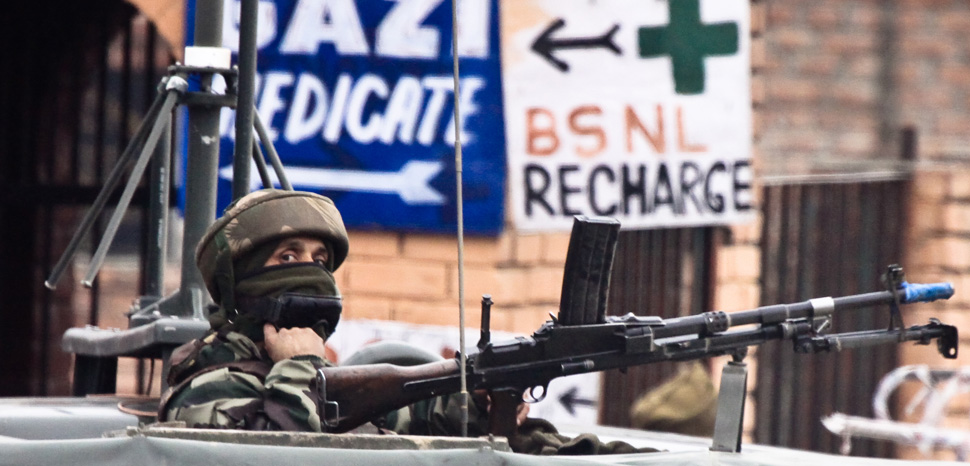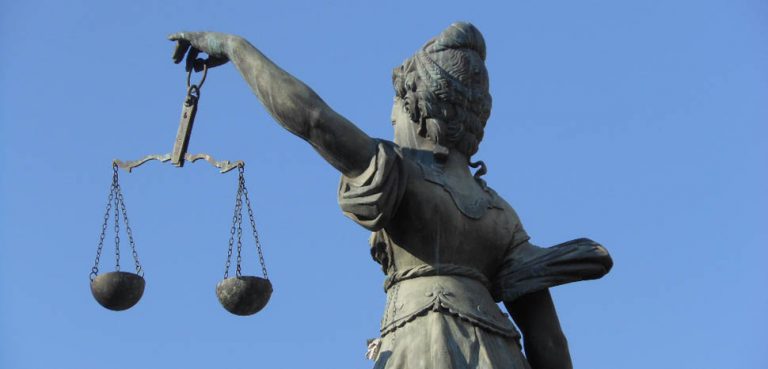The Kashmir problem continues to be a perennial source of military conflict in South Asia. The dispute, being a ‘core issue’ for Pakistan, has acquired the capability to trigger a nuclear confrontation between India and Pakistan. Both have also lost interest in holding a plebiscite or providing Kashmiris the right to self-determination as a possible solution to the issue. The nuclear tests of 1998 conducted by India and Pakistan have introduced a new sense of urgency and unfortunately refocused attention on Kashmir. Under the present circumstances, world opinion in general and great powers in particular demand that India and Pakistan either denuclearize or settle the Kashmir dispute. In this, Pakistan’s efforts to involve third party as a mediator or guarantor have been often frustrated by India, however, at some future date, even this likelihood cannot be ruled out.
Claims and counter-claims
The accession of the State of Jammu and Kashmir to India was contested by Pakistan, which declared it to be based on fraud, violence, and conspiracy. Pakistan took the stand that the predominantly Muslim population of Kashmir was not consulted in the Maharaja’s decision, and that because the majority in the Kashmir Valley are the followers of Islam, they and the region must automatically become a part of Pakistan. Right since the beginning, Pakistan called it a ‘dispute’ and repeatedly asserted that there could be no peace on the Indian subcontinent until the Kashmir problem was resolved. India on the other hand is of the view that the Instrument of Accession resembled a treaty concluded between two states. After the cessation of British authority over princely states, the decision of the king or prince, as the head of the state, was final. Both signatories were competent to sign the Instrument. All the principles of international law applicable to treaties were to apply to the Instrument of Accession, and no ratification was required.
As the issue of Kashmir’s plebiscite is pending at the United Nations and no solution to the satisfaction of India, Pakistan, and people of the state is in sight, three arguments are usually cited by the Indian side: 1) Pakistani forces failed to fulfil the pre-conditions mentioned in the United Nations’ resolution to vacate those parts of Jammu and Kashmir under their control; 2) the territory’s lawful ruler had acceded to India, thereby automatically confirming the validity of such accession; and 3) Kashmir is ‘an integral part of India.’ This holds the argument that the people of Jammu and Kashmir, acting through their democratically elected representatives, have repeatedly and freely ratified the moral and legal validity of accession to India.
Evaluating the claims
The question of a plebiscite in the state of Jammu and Kashmir, as committed to by Indian leaders and as provided for in Security Council resolutions of August 13, 1948 and January 5, 1949, does not arise anymore. The idea has become outdated, impractical, obsolete, and bears only historical importance. The resolutions of the Security Council have become invalid because the circumstances under which they were made have undergone a drastic change and as such the principle of rebus sic stantibus clearly applies. This principle is recognized not only in classical international law but also by the Vienna Convention on Treaties (1969) as well. Accordingly, a state is not obliged to perform its obligations under an international undertaking if a fundamental change occurs in the circumstances that existed at the time the obligation was undertaken.
For India and Pakistan, Kashmir is still tied to their respective strengths and sovereignties, their sense of security, and about their titles to land and peoples, their statures in the region and the world. Hence, they do not want an independent Kashmir, because each state has a vital stake in Kashmir and also because they are afraid that an independent Kashmir may become an arena of world power politics. The current Indian strategy vis-a-vis this problem consists of two basic elements: first, continue the policy of sustained repression and further weaken the insurgents; and two, try and undermine the Hurriyat Conference’s standing by playing up allegations of corruption and ineptitude against some of its leading figures.
Distant possibilities
It is less than certain that any ‘solution’ to the struggle in and over Kashmir can be stable and final without some level of participation and acquiescence on the part of the rulers of Pakistan. But on the other hand, responsible political leaders and activists in Kashmir, whatever their public positions and ideological commitments, know perfectly well that the gun alone cannot liberate their people. Indeed they fully realize that they themselves, and the political future of their people, are increasingly being held hostage in an environment of violence and fear. There are clear indications that some of these forces would be willing to participate in a genuine dialogue without any precondition of any kind on any side, that they feel the need of a serious, substantive, and realistic talk on the issue.
On the other hand, the likelihood of greater international involvement, particularly by the United States, in the subcontinent’s affairs is in the cards due to the fact that the international community considers Kashmir a territorial dispute in which Pakistan has an equal status and stake. Second, despite the passage of more than 50 years, the dispute remains unresolved and it has sparked four major conflicts between India and Pakistan. Third, the anxiety about such conflicts in the wider international community qualitatively increased following the acquisition of nuclear weapons and missile capabilities by India and Pakistan. Fourth, the phenomenon of cross border terrorism and pan-Islamic militancy has become a matter of global concern after September 11, 2001, and the assessment is that it finds fertile grounds in disputes like the one over Kashmir. Now India does not have the leverage anymore of the special equation involving the Soviet Union. The insistent advice to India to remain restrained vis-a-vis Pakistan, the pressure generated on Pakistan to desist from sponsoring terrorism against India, manifest third-party involvement. India has to be responsive to these realities. If we want to avoid third-party involvement, we must give the highest priority to resolving the internal dilemmas in Jammu and Kashmir. At the same time, we must convince the international community that we are willing to have a serious and substantive discussions on the issue with Pakistan.
The views expressed in this article are those of the author alone and do not necessarily reflect Geopoliticalmonitor.com or any institutions with which the author is associated.




